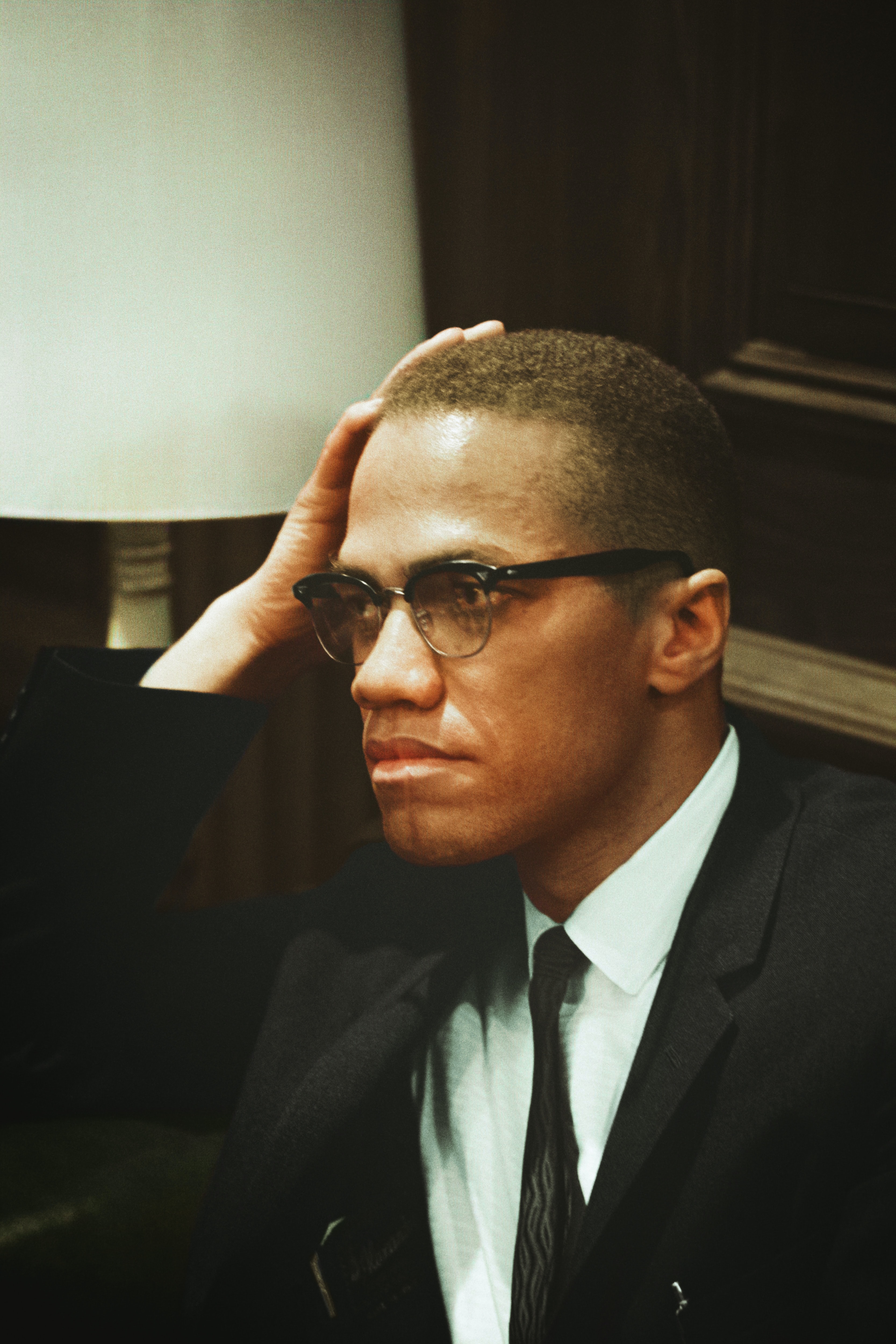Malcolm X is a man who needs no introduction. A prominent figure during the civil rights movement, his influence was far-reaching both during his life and after his death. In honor of his birthday this Thursday, May 19, and “Malcolm X Day” on May 21, here are some things you may (or may not) know about him.
- He was born Malcolm Little in Omaha, Nebraska, in 1925. In 1950, he began signing his name “Malcolm X,” replacing “the white slavemaster name of ‘Little’ which they had imposed upon my paternal forebears.”
- He was incredibly bright and intelligent with an ambition to be a lawyer until a white teacher told him it would never be possible because he was Black.
- His friends called him “Detroid Red” because of his hair color, and fellow inmates referred to him as “Satan” because of his rantings against God and the Bible.
- After prison, he joined a local Nation of Islam mosque and was promoted to a ministerial position. Under his leadership, membership grew from 6,000 members to approximately 70,000 converts.
- He once called Martin Luther King, Jr.’s “I Have a Dream” speech a farce. He favored separation of the races, and that integration was a fantasy. He believed an independent Black nation should be achieved “by any means necessary.”
- He left the Nation of Islam in 1964. Some speculate his mentor, Elijah Muhammad, was fearful of his influence and would try to take over the organization. Others credit it to Malcolm X’s learning of Elijah’s illegitimate children (a direct offense in Islam). But it was his comments about the JFK assassination that caused Muhammad to suspend Malcolm. Shortly afterward became a Sunni Mulsim.
- His journey to Mecca and conversion to mainstream Islam brought a significant change in his philosophy – one of peace and bloodless revolution.
- He didn’t get long to preach his newfound call for peace; he was assassinated by members of the Nation of Islam a year later.
It makes one wonder what his sphere of influence would have been on the world today had his life not been cut off so short. Despite his untimely death, his message and philosophies live on; Time magazine listed his autobiography as one of the ten most influential nonfiction books of the 20th century, and countless movies, documentaries, and biographic films have kept his name current and synonymous with change and revolution.

